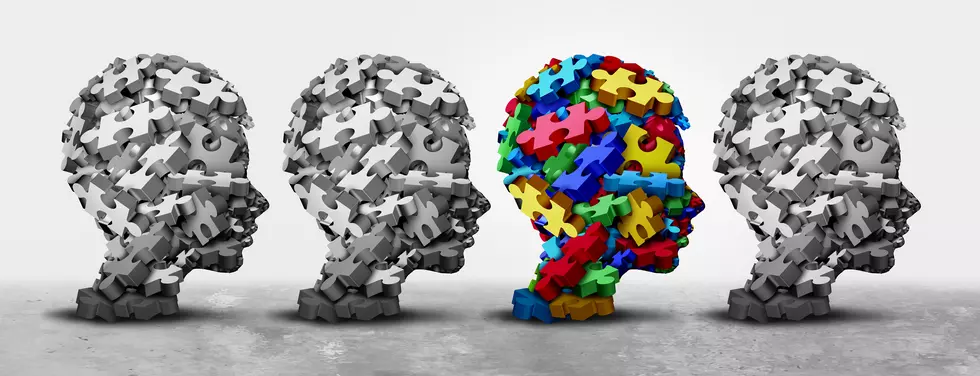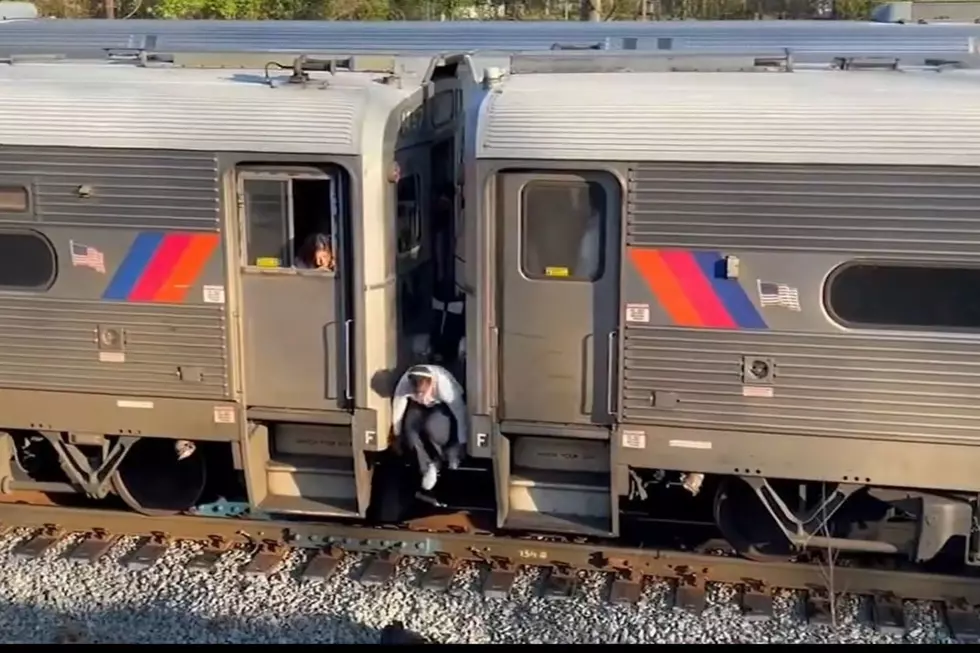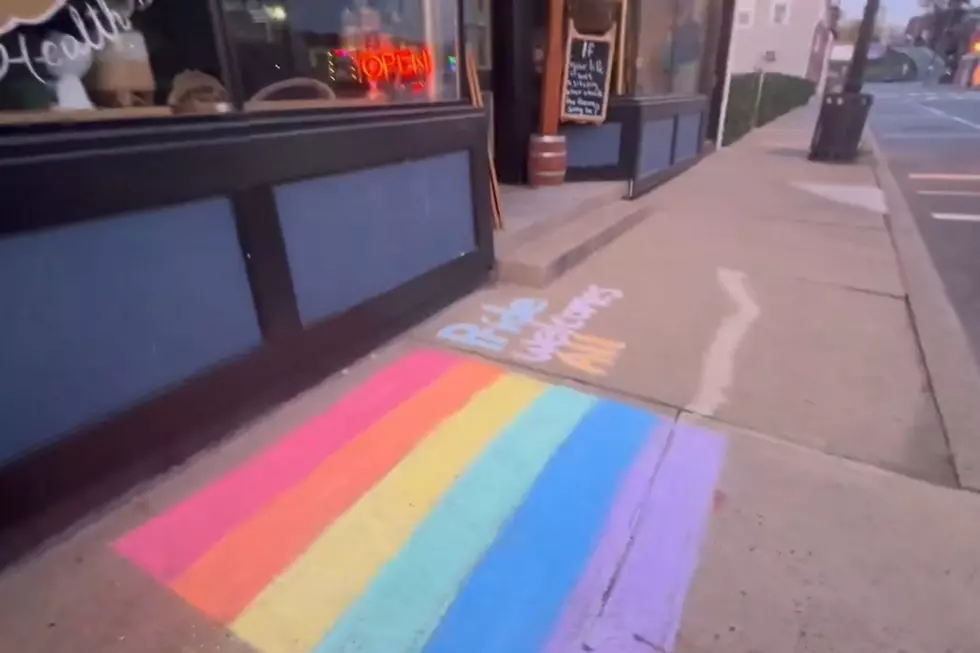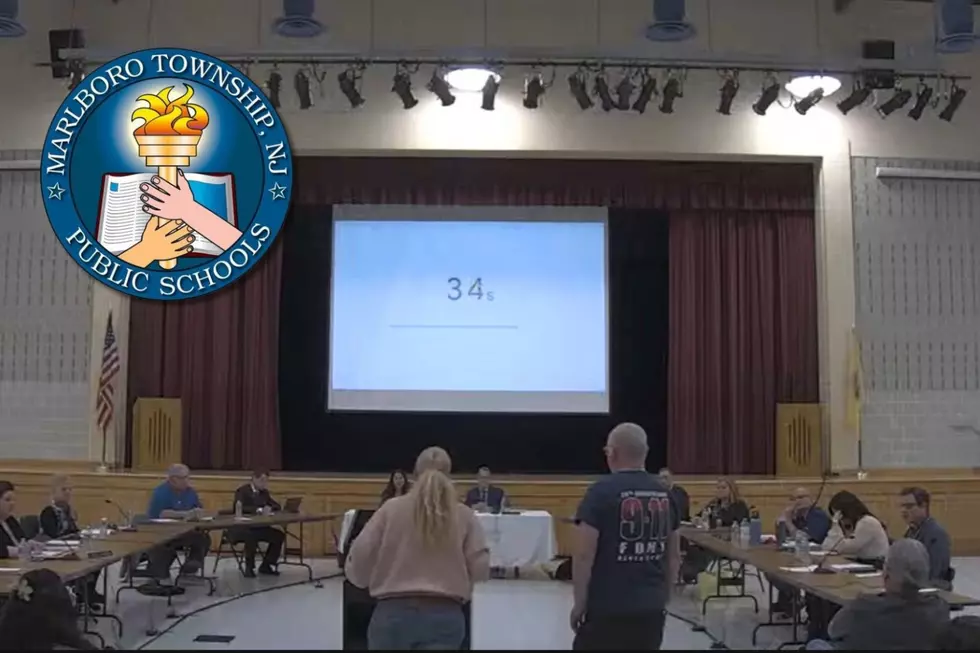NJ autism rate, already highest in U.S., rises by 19 percent
A new study finds New Jersey's autism rate is the highest in the nation and significantly higher than it used to be.
A Centers for Disease Control and Prevention report finds that 1 in 59 U.S. children on average are on the autistic spectrum. In New Jersey, however, the rate is 1 in 34, an increase of 19 percent from two years ago.
That means the Garden State child autism rate is about 3 percent, nearly double the national average.
Walter Zahorodny, a pediatrics professor at the Rutgers New Jersey Medical School who directed the CDC’s study in the Garden State, says high autism rates are nothing new for Jersey but a “3 percent autism prevalence by a sophisticated epidemiologic model has never been determined, either in the United States or outside.”
So why are autism rates so high in Jersey?
The professor says it may be due to better diagnosis and medical records.
"That means that the other states are likely underestimating autism," he said.
He noted from 2000 to 2014, autism rates in New Jersey tripled.
The rates may involve underlying changes in environmental risks or triggers as well as better awareness of autism.
He says autism is found in almost every community in New Jersey — urban, suburban and rural. Boys are almost 4 times as likely as girls to have a condition on the autistic spectrum. The condition is equally distributed across race and ethnic groups.
With autism rates continuing to climb, this has become an urgent public health concern that requires concerted scientific and public health effort, he said.
Researchers studied 8-year-old children from Essex, Hudson, Union and Ocean counties.
Other states that participated in the CDC study were Arizona, Arkansas, Colorado, Georgia, Maryland, Minnesota, Missouri, North Carolina, Tennessee and Wisconsin.
Suzanne Buchanan, the executive director of Autism New Jersey, says the figures compiled in the report are shocking and astounding, but the good news is we’re doing an effective job “at identifying children of all races and ethnicities, and all functioning levels, and we’re able to connect them with services.”
She noted there are signs early on that a child may have autism, including “any regression in skills, whether it’s walking or talking.”
“Also, if the child is not responding to their name [...] if they’re not engaging in even brief social interaction," she said.
“We want to see children imitating other children, recognizing the emotions of others and being responsive to those changes in emotions.”
If parents are concerned about the development of their child, she recommends checking with their pediatrician for a screening, or with a diagnostician for an evaluation.
Also on New Jersey 101.5
You can contact reporter David Matthau at David.Matthau@townsquaremedia.com
More From New Jersey 101.5 FM









